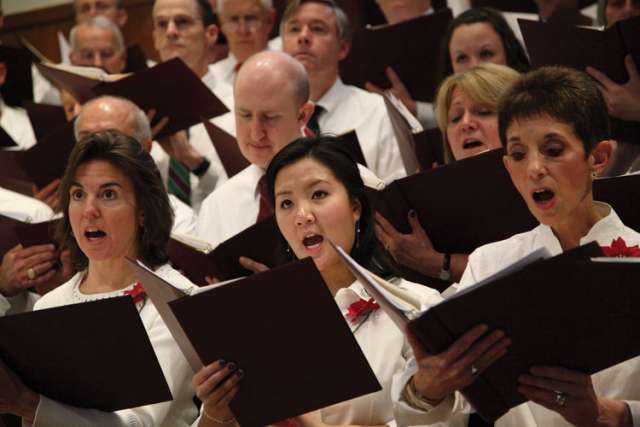I remember saying that this was for the Church, so it was okay. Only in recent years have I come to accept the harsh truth: we were stealing. But in those days, that’s what everyone did. That is no longer acceptable in law, or in justice.
Two years ago, Bill C-11 put into copyright law the concept of Fair Use. Unfortunately, people still don’t get it. Often music ministers will think that it is fair for churches and schools to be excused from copyright. Others argue that the broader permissions around education give them that right. From all that I have heard, using music in a religious celebration doesn’t qualify under any of these terms. And really, it shouldn’t.
Progress on this issue has been slow. In the mid-80s, I worked with a group in an Edmonton parish to publish our own parish hymnal. By then, we had become a little more enlightened about copyright laws. We consulted with all the musicians in the parish, and then wrote to publishers around the world asking for permission. There were no license programs in those days.
Some gave their music away, others required us to buy printed copies of their music from them, while others never responded at all. It was a lot of work, but it was also rewarding, as I got to learn about how the music was created and published and what was needed to keep those individuals and institutions going.
Like me, churches, schools, school boards and musicians have come a long way from the days of anything goes — at least in most places. But I’m still surprised to discover parishes that actively avoid royalty payments by repeating the same tired excuses. I still hear, “It’s a one-time use in our bulletin, so we don’t have to pay,” or “It’s just projecting the words, so we don’t have to pay.” And I am amazed at how many places still have a home-made hymnal in a binder with nary a copyright notice.
I know how much work goes into these publications, but that doesn’t excuse anyone from the requirements of copyright. That applies equally to reprinting songs for hymnals or articles from newspapers and magazines for newsletters and websites.
I strongly believe that institutions need to continually step up through the purchases of reprint licenses and see themselves as partners with composers and publishers by contributing some support for the music we need for our ministry. Churches and schools may grumble, but they don’t seriously consider not paying for other things needed for their ministry: keeping the lights on, paying salaries, buying catechetical materials and so on.
Licensing is very much like that, except it keeps the lights on for authors, composers and music publishers. All the Catholic composers I meet have a ‘real’ job to support this ministry of composition. In Canada, the situation is more serious, with few outlets for publishing Catholic music in this country. Without a stronger commitment to supporting Canadian authors and composers, the distinctive voice of the Catholic Church in Canada will not be heard.
It is from my perspective on the publishing side that I look at the staff, the production and recording costs. From this point of view, I see that royalties for the owners of the compositions are earned. As a proud member of the publishing community I do believe we are acting as fair partners when we ask schools and churches to purchase licenses.
The amount we charge through organizations such as LicenSingOnline is quite minimal when you think about the number of copies made and the number of songs involved. Knowing the rules is half the battle. You can take a quiz at www.musiccopyrightiq. com to see what you can still learn.
As we continue to evolve the ways music is created and shared, the relationship between publisher, composer and institution must continue to grow. It is exciting to be part of the conversation.
(Byer is associate publisher of Novalis Publishing www.novalis. ca, the Canadian agent for LicenSingOnline.)


